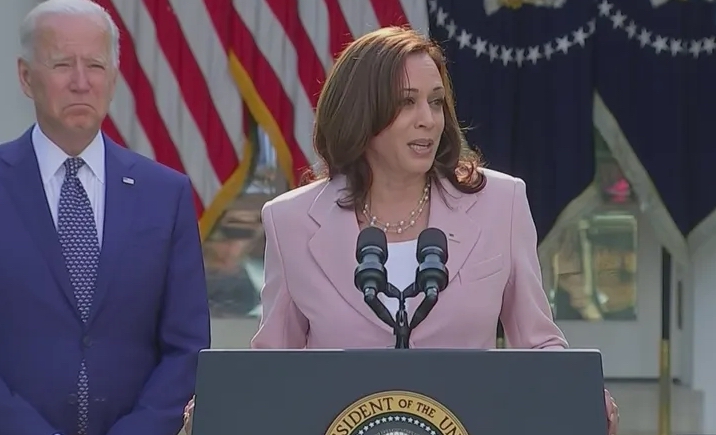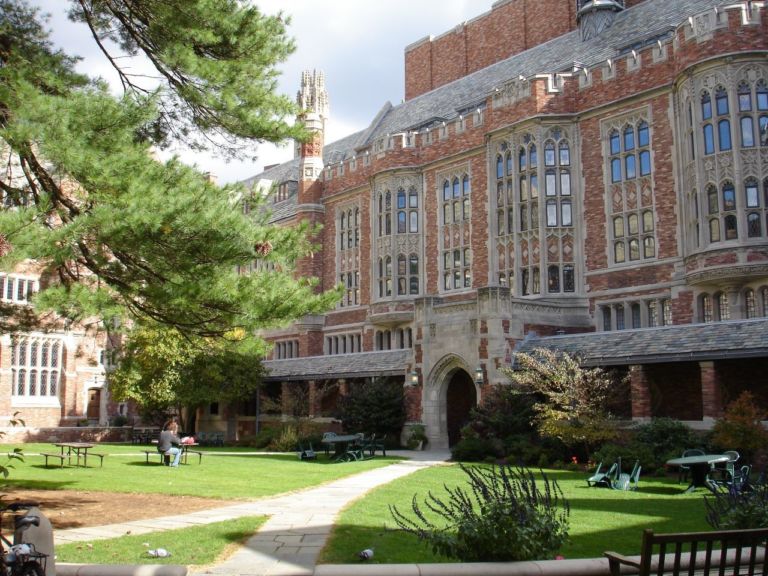In the March print issue of The American Spectator, Jonathan Aitken writes about an element of Margaret Thatcher’s life predictably ignored by Hollywood in “The Iron Lady” — her Christian background and beliefs:
Once [Thatcher] became prime minister, she gradually lifted the veil on her religious convictions. One interviewer who pried some interesting faith disclosures from her was the mystical author and traveler Laurens van der Post. ‘The values of a free society like ours come from religion,’ she told him, ‘they do not come from the state.’ Explaining to him that the key value was the right of personal choice, the free will that linked the heavenly and earthly kingdoms, she cited the hymn ‘I Vow to Thee My Country.’ It included, as she remembered, the lines: And soul by soul and silently her shining bounds increase, And her ways are ways of gentleness, and all her paths are peace.
‘There is the message,’ she declared, ‘soul by soul.’
Margaret Thatcher did not neglect her journey of the soul during her years in power. To the astonishment of her staff at 10 Downing Street, she spent several weeks in 1983 rereading every book in the Old Testament. She decided that her favorite scriptures were Psalm 139: ‘O God Thou has searched me out and known me,’ and Psalm 46: ‘God is our hope and strength: a very present help in trouble.’ A few months later, in the middle of the most dramatic terrorist attack of her premiership, the Brighton bombing of October 1984, she did indeed find God to be ‘a very present help in trouble.’ Soon after clambering out of the wreckage of the hotel, she writes in her memoirs, The Downing Street Years, she ‘could only think of one thing to do. Crawfie [her closest personal aide] and I knelt by the side of our beds and prayed for some time in silence.’


